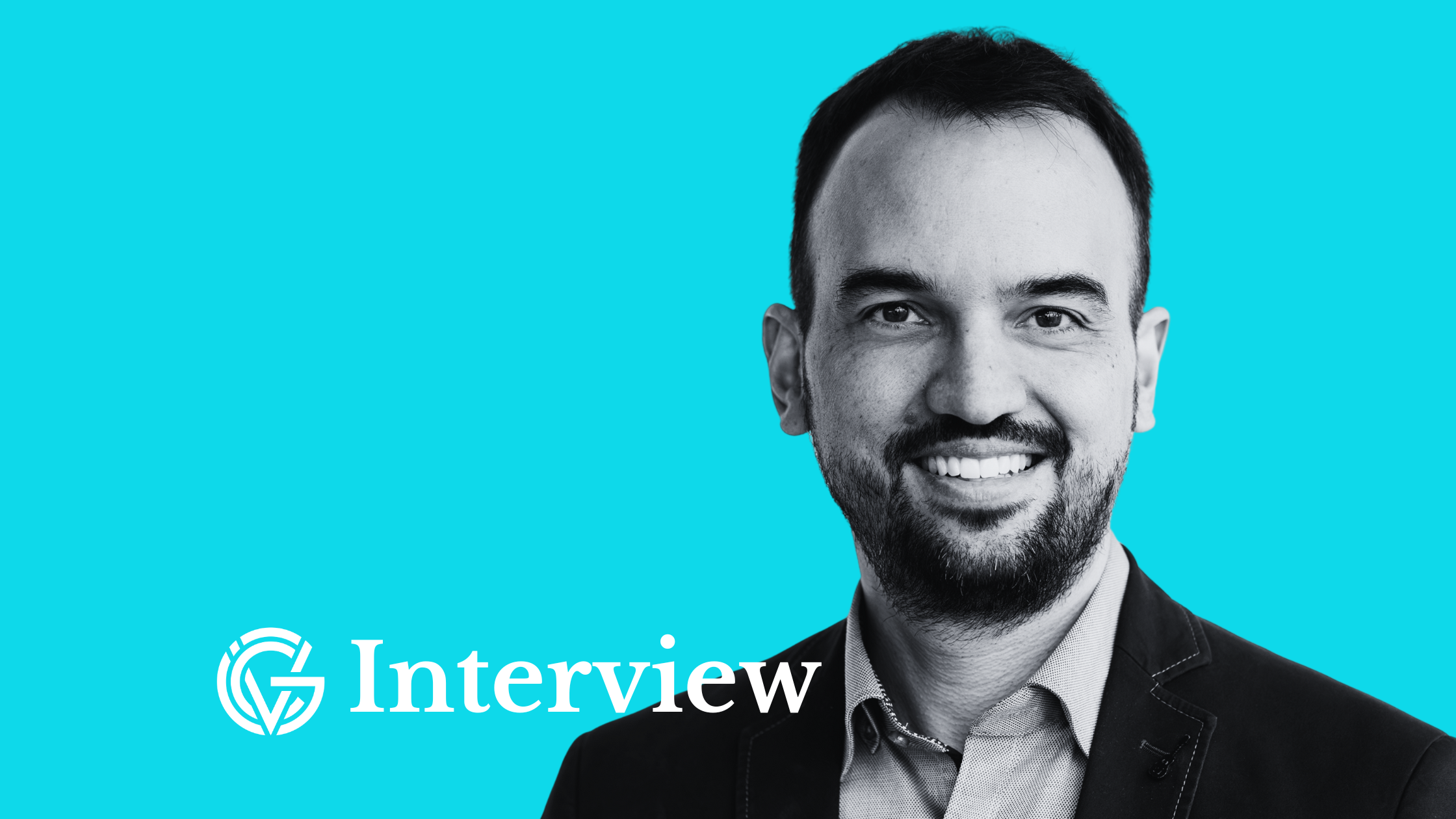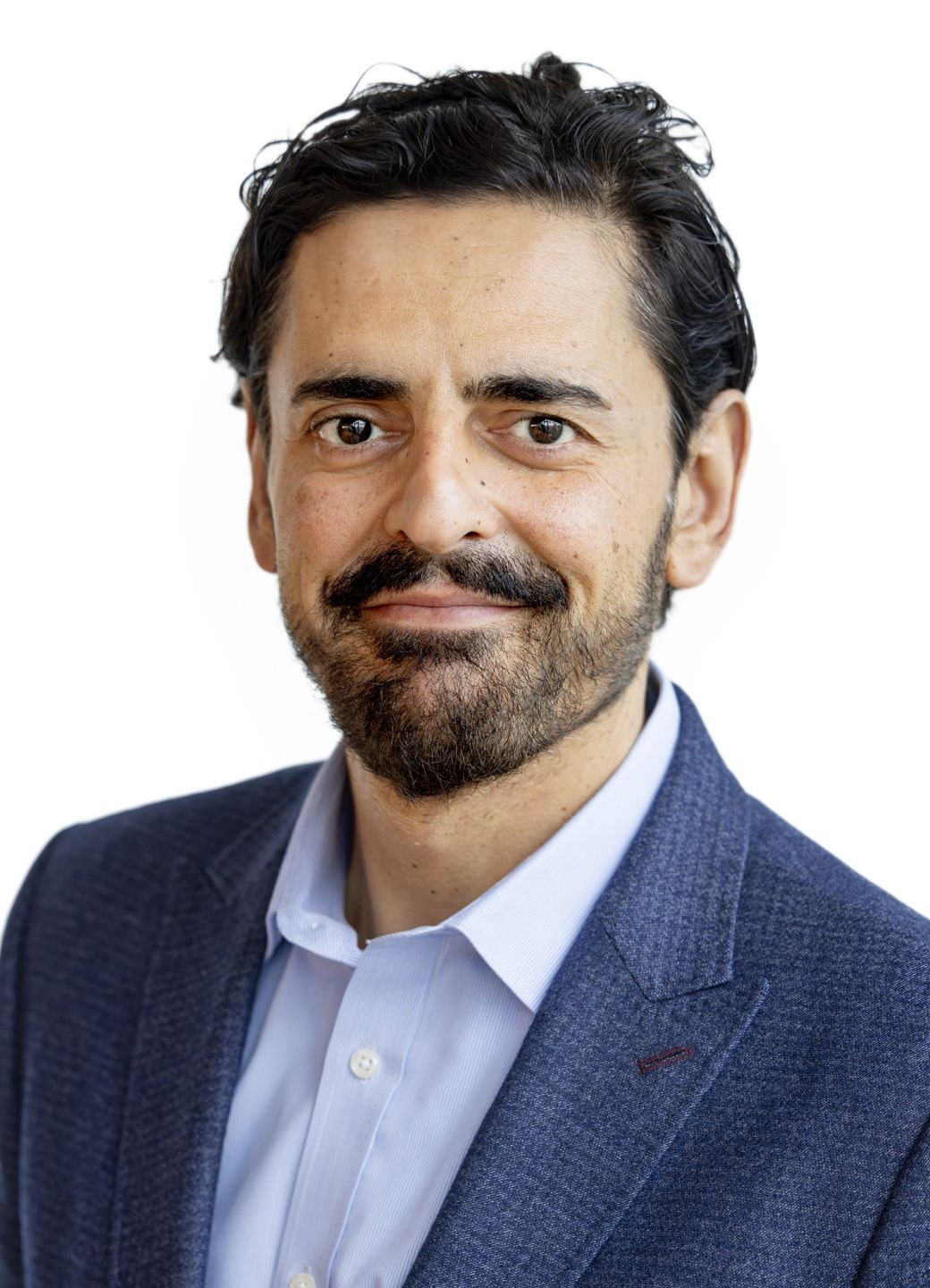CFO Javier Rodriguez is taking Owen Lozman's place as co-head of Merck's corporate VC unit, where he will lead its technology investments.

Javier Rodriguez (pictured above) has taken over as co-head of M Ventures, the investment arm of the German biotech and technology company Merck Group, following the departure of Owen Lozman. Rodriguez will lead the team’s technology investments as the rapid advance of AI opens up new opportunities for the company in areas like semiconductors and photonics.
M Ventures initially focused on healthcare and life sciences when it was founded in 2009 but expanded in 2016 to incorporate more general and frontier technology in areas such as computing, data storage and display.
Lozman was hired to head M Ventures’ technology team in 2018 but departed at the end of last month. Rodriguez, who will take over, previously oversaw finance and portfolio management for the unit as chief financial officer and has been with M Ventures since 2016. Managing director Hakan Goker will continue to co-lead M Ventures as head of its biotech investment team.
“I’ve been working with the team for nearly a decade now, and I’m really honoured and humbled to be able to continue to contribute to the team in a different role to CFO,” Rodriguez told Global Corporate Venturing.
“I think the areas that we are looking at span everything that’s exciting out there right now on in terms of technology. So those are the two things that really excite me, the breadth of investments we do, and the fantastic team we have.”
“AI has definitely injected steroids into everything to do with semiconductors”
Rodriguez is taking the reins at an opportune time for M Ventures. The unit has €600m ($682m) of capital under management and its recent technology investments have generally focused on semiconductors, having backed quantum computing chip startup SeeQC and AI accelerator chip developer MemryX so far this year.
“AI has definitely injected steroids into everything to do with semiconductors,” Rodriguez says. “The whole idea of how to be able to get connections quicker in data centres…and a very large part of that is because of AI.”
Rodriguez says M Ventures is chiefly exploring ways to make those connections quicker or more power-efficient, and a key area is optoelectronics, an area of photonics that examines how light and electricity interact.
Merck itself is using the technology in the displays it makes, and one of M Ventures’ recent success stories is Celestial AI, which is working on photonics-based optical interconnect technology for use with AI infrastructure and which raised $250m in March, three years after the unit took part in its series A round.
But the other area in which semiconductors are important to M Ventures is in their increasing crossover with the healthcare side of its business. The two parts are converging, at a time when AI is increasingly being used for the drug discovery process while tech companies like Alphabet and Nvidia have become key investors in healthcare.

Merck agreed a partnership with nanoelectronics technology producer Imec last month to develop technology that will make drug discovery and development more efficient by enhancing preclinical models that can simulate testing. Goker says portfolio company Genopore is working with Imec on protein identification tools.
“The [biotech and technology] spaces actually were quite separate when we started investing in 2016,” Goker (left) adds. “I think 2016 or 2017 was the first time we actually made investments outside of healthcare – and they were very different.
“The teams were not really finding much common ground with each other. But as the years have gone on by, especially over the last four years, we have tried to on one side encourage a culture of cross pollination – because these spaces have been converging more and more.
“AI and the utilisation of smarter lab solutions to speed up drug development potentially cuts the costs of drugs, and maybe opens up different therapeutic areas for those drugs and for spatial biology. These [are areas that are] overlapping.”
Next on M Ventures’ agenda for 2025? Increasing exits
The life sciences sector went through a huge upswing during the covid-19 pandemic but has experienced a squeeze since then, especially at growth stage, and Goker says all healthcare-focused corporate venture units have had to shift focus to helping portfolio companies more.
However, M Ventures had its busiest year ever in 2024 and has now invested in more than 100 companies since it was launched. Although it has been difficult for portfolio companies to list on the stock market recently, a number of them have been acquired, providing M Ventures with healthy investment returns.
Autoimmune disease drug startup Calypso Biotech was bought by Novartis for up to $425m last year, and Goker says he expects to see more exits before the end of 2025, based on the promising data emerging out of various parts of its portfolio.
“From the investor side, we’re going to hit year eight for the new (post-expansion) funds, so now is when we’re going to start being able to see some of those exits coming to fruition,” says Rodriguez. “In the next two years, I would like us to be able to see some of those earlier investments now be realised.”

The other aim is to expand the scope of M Ventures’ investments, continuing its early-stage activity while doing more at late stage. Notably, it has co-led three of the four rounds in which it has participated this year, for generative AI infrastructure startup Corvic, chip manufacturing technology developer ChEmpower and reproductive medicine developer ReproNovo.
“We’ve usually done seed and series A,” Rodriguez says. “And as we’ve seen companies we’ve invested in early now mature, we are able to also do more mature investments, maybe in series B rounds as first-time investments.”
The unit also wants to expand collaboration between its portfolio and Merck, and that could be helped by recent executive appointments.
Merck appointed new CEOs of its Life Science and Healthcare divisions this week and the latter, Danny Bar-Zohar, chairs M Ventures’ healthcare investment committee. Now, it’s up to Goker and Rodriguez to help them plot out the next decade of the company.
“Of course, we will work with them to see how the strategy will evolve so we can actually anticipate what they may expect over the next five to 10 years,” Goker says. “That’s something we will continue doing with the two new CEOs coming into place, and we’re excited about it.”
This piece was amended on June 13 to correct the dates when M Ventures expanded into technology investing and its acquisitions, and to clarify its investment strategy.









